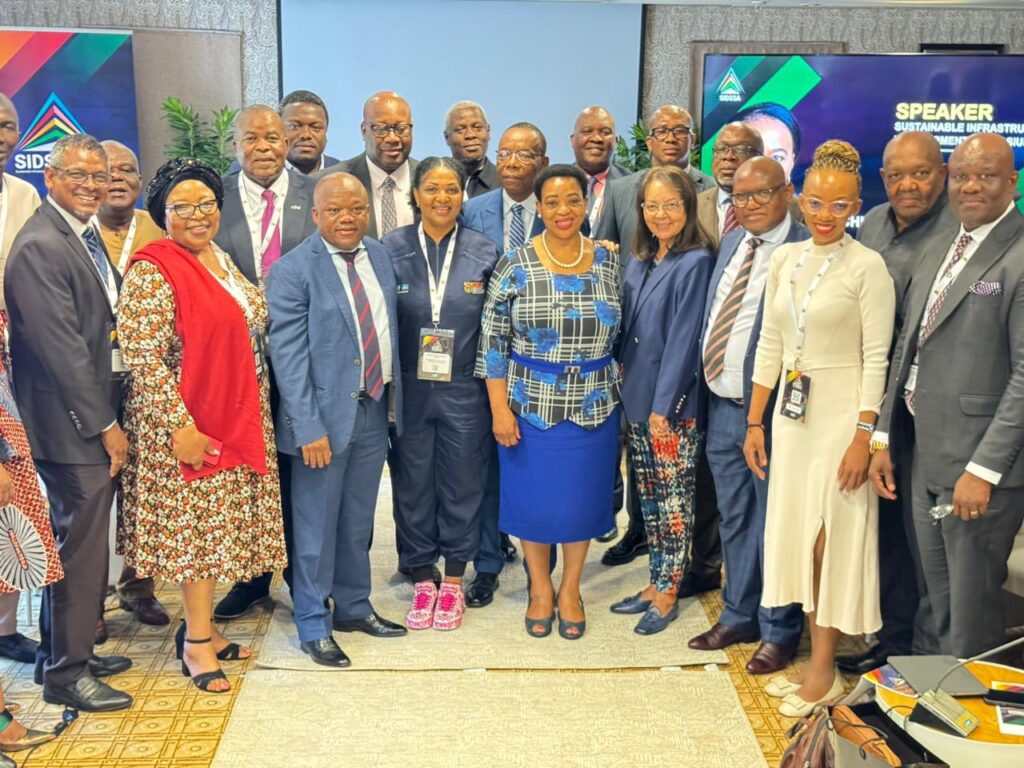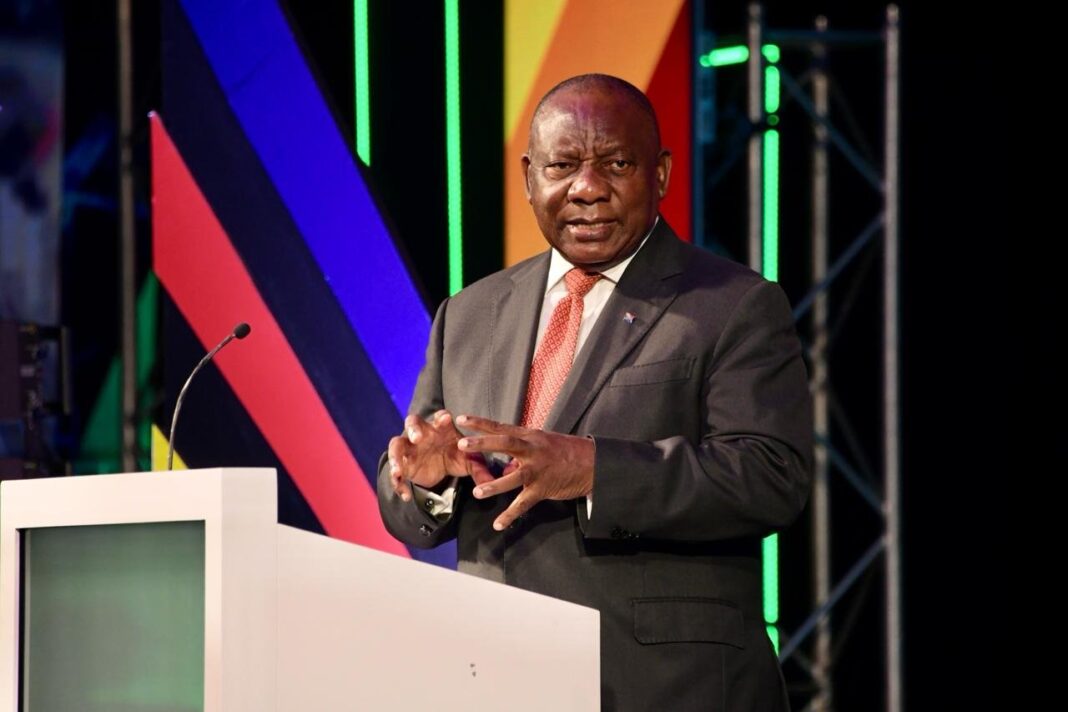Lerato Mbhiza
President Cyril Ramaphosa gave a keynote address at the 2nd Black Industrialists and Exporters Conference in Sandton, Johannesburg where he said all progress points to the work that has been undertaken as a society to give effect to the constitutional injunction to promote the achievement of equality.
Ramaphosa said the injunction that led to the enactment of the Broad-Based Black economic Empowerment Act 20 years ago.
“And to give effect to the core goals of that legislation, the government formally launched the black industrialist programme in 2016.
“This programme is part of the broader effort to expand South Africa’s industrial base, especially in new and growth industries,” Ramaphosa said.
“While affirmative action in the economy aims to redress the damage of the past, it is also sound economics.

“It broadens the base of entrepreneurship, it opens the economy to more talents and capabilities, it encourages innovation and expands the economy”.
The Department of Trade and Industry said it has set the bar high for this year’s Black Industrialists and Exporters Conference as more than a thousand delegates attended including government officials, businesses and investors.
The conference showed the contribution made by black industrialists to the economy as well as drive reforms to address what the government describes as a “skewed racialised economy”.
The conference takes place on the eve of the 20th anniversary of the implementation of the BBBEE Act.
At the centre of discussions was the role of private sector procurement, new value chains and access to financing for emerging black businesses.
This includes how black-owned firms continue to be hobbled by red tape, as well as inefficiencies in the logistics and energy sectors.
More than 50 large companies are already expected to make pledges to buy from black industrialists in sectors including agriculture, the auto industry, pharmaceuticals, cosmetics as well as clothing and footwear.
Ramaphosa said the conference showcases the results and shows the impact of the black industrialists programme, not only in the wares on display, but also in the data that will be presented here.
“The impact of this investment is clear from more than R100 billion in turnover generated by these businesses each year and by more than 100,000 direct jobs sustained in their factories, mines and farms”.
Ramaphosa added that the conference tells the stories of the industrialists of freedom, who built their businesses through hard work and ingenuity, propelled along by the tailwinds of democracy and opportunity.
Over the course of the last five years, we have worked to deepen these efforts, he said.
“At the start of this administration in 2019, we began to develop master plans in different sectors of the economy, ranging from clothing to sugar, from autos and steel to poultry.
“These master plans have specific and dedicated sections dealing with the promotion of black industrialists” he said.

In the auto sector, clear targets have been set for the promotion of black industrialists as component manufacturers. In the clothing industry, the government set up a fund to support SMMEs, Ramaphosa said.
The President told the delegates that the sugar industry, which had an industrial fund of R1 billion over 5 years has been put in place, and small-scale black farmers receive about R200 million in support annually.
“We also ramped up the black industrialist programme’s funding. In the past five years, some R24 billion has been committed for black industrialists.
“Through institutions like the Industrial Development Corporation and the National Empowerment Fund, we have provided funding to several black-owned companies in emerging high-tech industries, from pharmaceuticals to renewable energy to chemical production.
“Alongside the provision of funding and other forms of support to blacks and women-owned companies, we have taken steps to improve the operating environment for these businesses”.
INSIDE POLITICS

